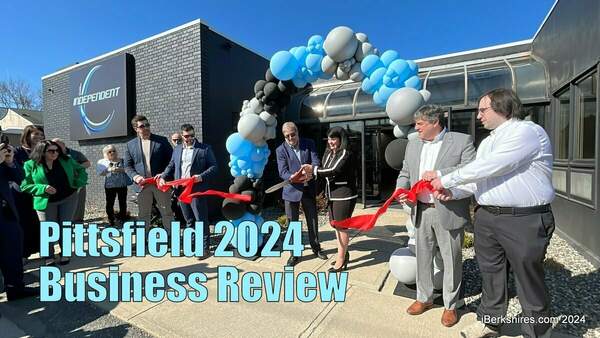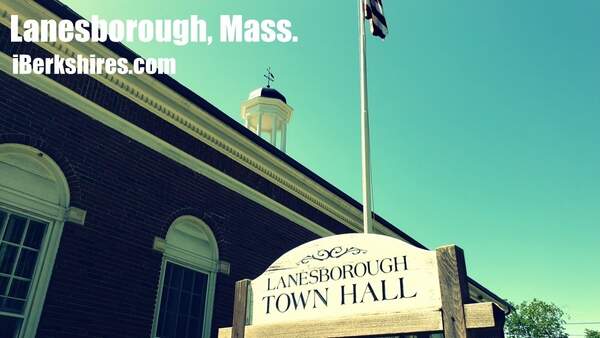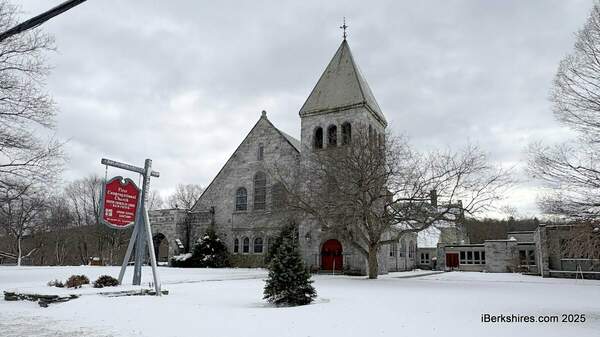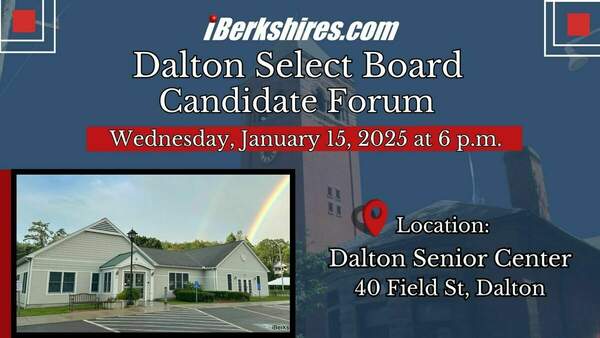Seven Berkshire County Organizations Receive SHARP Grants
NORTHAMPTON, Mass. — Mass Humanities has announced grants to 90 organizations across Massachusetts to support the response and recovery of the cultural sector from the ongoing impacts of the coronavirus.
"The SHARP grants are another significant step in the journey to sustain the humanities at the local level," said Brian Boyles, Executive Director of Mass Humanities. "As we continue to combat COVID-19, these funds will save jobs, build capacity, and allow organizations to develop new programs to serve their communities."
Berkshire County recipients include:
-
Norman Rockwell Museum: $15,000
-
Clinton Church Restoration: $15,000
-
Hancock Shaker Village: $15,000
-
Chesterwood, a site of the National Trust for Historic Preservation: $13,000
-
Sterling & Francine Clark Art Institute: $10,043
-
Ventfort Hall Association, Inc. $9,902
-
The Friends of the Adams Free Library, Inc: $3,425
Totaling almost $1 million, the "Sustaining the Humanities through the American Rescue Plan (SHARP)" grants were made possible through funding provided to the National Endowment for the Humanities (NEH) by the American Rescue Plan.
As the state affiliate of NEH, Mass Humanities sought to provide emergency funding to the smallest organizations, including local museums, historical societies, and historic sites. More than half of the SHARP recipients have budgets of $300,000 or less.
Mass Humanities received requests for funding from more than 140 organizations. Grants of up to $15,000 were awarded to retain or recruit staff, replace lost revenue, and rebuild audiences. The SHARP grants conclude a year in which Mass Humanities awarded more than $1.7 million to 240 organizations around the state.
















